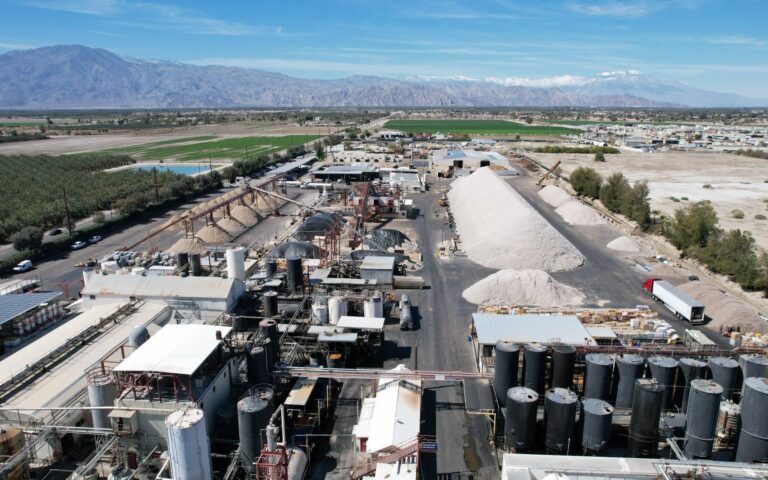Quality of life, well-paid jobs, energy self-sufficiency and optimal infrastructure. This and much more is promised by a group of its billionaires Silicon Valleywhich plans to build a “residential paradise” from scratch in arid Solano County, in the north California. After months of criticism and delays, a start-up company backed by billionaire tycoons has unveiled its proposal for the new utopia city.
Plan “California Forever”as it is called, provides for the conversion of agricultural lands to the northeast of it San Francisco in a new metropolis about 90 kilometers outside it, which could house a total of up to 400,000 citizens. Behind the ambitious plan, which has sparked a storm of reactions, is a hitherto mysterious company, the Flannery Associates, which in recent years has been aggressively acquiring land by paying well above the value of the lots, whether they were listed for sale or not. He has quietly — controversially to many — bought more than 60,000 acres of farmland worth $800 million and hopes to build about a third of that acreage into apartments, townhouses and apartment buildings.
But who are the initiators of “California Forever”? The founder and managing director is the 36-year-old Jan Sramek, a former Goldman Sachs executive, who according to the New York Times had the original idea. “He thought about taking a barren patch of hills intersected by a two-lane highway between suburbs and farmland and turning it into a community with tens of thousands of residents, clean energy and public transportation.”
To achieve this he attracted and managed to convince the biggest names in the field of technology and venture capital. Among them o Reid Hoffmanco-founder of LinkedIn, Mr Michael Moritz of Sequoia Capital, the Marc Andreessenone of the “fathers of the Internet”, co-founder of Netscape and pioneer of Mosaic, and Lorraine Powell Jobsof Emerson Collective and wife of the late Steve Jobs.
Amid strong backlash from locals, the entire plan is expected to be put to a vote in the upcoming November election.
In California, housing has long been an intractable problem, and Silicon Valley tycoons are perpetually frustrated by the lack of real estate and the difficulty of building in the area as their workforce expands. Companies such as Google have clashed with cities like Palo Alto and Mountain View over expanding their headquarters, while their executives have funded politicians and activists in the “Yes in my backyard” housing development movement, which is pushing for looser building laws in the hope that they will be able to build more easily and quickly.

Amid strong backlash from locals, the entire plan is expected to be put to a vote in the upcoming November election. California Forever has begun collecting signatures to get the initiative on the ballot (it will need 13,500 to get on the November ballot). Long before the plan was unveiled, the company’s frantic drive to acquire large tracts of land even attracted the attention of the US military and the FBI, and raised concerns among residents, particularly after the company sued landowners who sold their land for “unlawful conspiracy with the aim of inflating prices”.
Sramek himself said at a press conference that the project will bring together local contractors, architects, home builders, families and nonprofits, “for something that hasn’t been done in America in the last 50 years, but we think it’s necessary.”
It remains to be seen whether he will succeed in realizing his vision. The project has drawn backlash from local politicians, environmental groups and residents concerned about the effects of a new city on Solano County. Elected officials in nearby cities such as Rio Vista and Fairfield have expressed concerns about the company’s initially secretive approach. They fear overcrowding and an increased burden on taxpayers to support the new city. They call it a “hostile takeover,” which will take away important agricultural land, affect the tax base and hurt the region’s already limited water resources.



